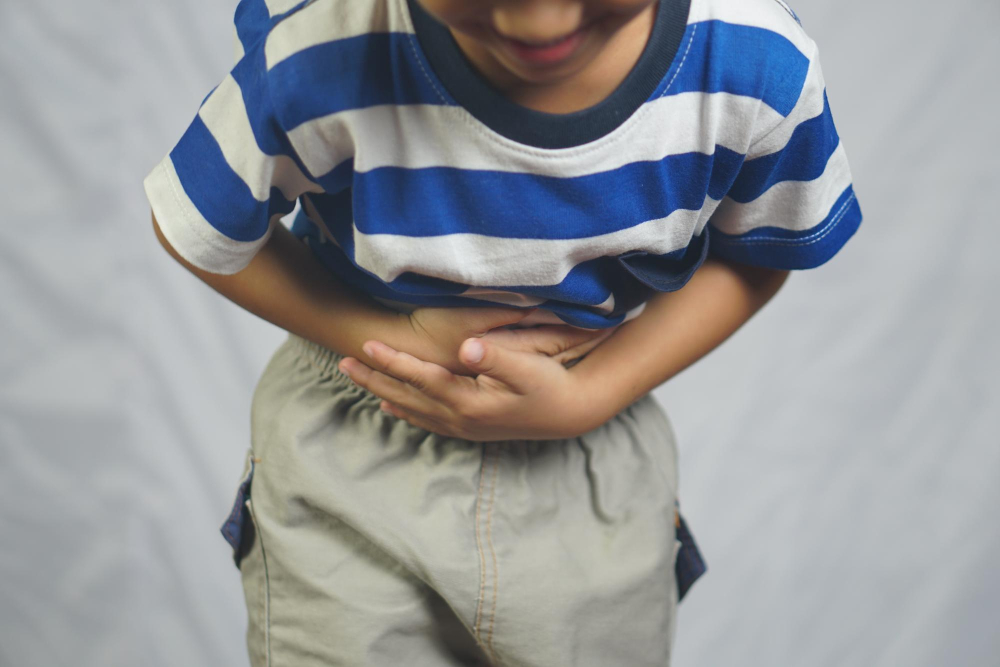What Are Kidney Stones in Children?
Kidney stones in children are small, hard deposits that form inside the kidneys. These stones can block the flow of urine and cause pain. While kidney stones are more common in adults, children can get them too. Because kids may not always explain their pain, parents should know the signs. Early detection helps prevent problems and keeps your child healthy.
Common Symptoms and Warning Signs
Often, kidney stone symptoms in children can be hard to spot. However, some signs are more common. If your child has any of these symptoms, you should pay close attention:
Sometimes, children may only complain of stomach pain. Therefore, it is important to watch for any changes in their bathroom habits or mood.
Causes and Risk Factors
There are several reasons why pediatric kidney stones can develop. Some causes and risk factors include:
Because some children have higher risks, knowing your family’s health history can help. In addition, teaching kids healthy habits may lower their risk.
How Kidney Stones Are Diagnosed in Kids
Doctors use several tests to find kidney stones in children. First, they may ask about your child’s symptoms and health history. Next, they may order urine and blood tests. These tests check for signs of infection or minerals that cause stones. In many cases, doctors use imaging tests, such as:
Early diagnosis helps doctors choose the best treatment and prevent future stones.
Treatment Options for Children
Treatment for kidney stones in children depends on the stone’s size and location. In many cases, small stones pass on their own. However, some children need more help. Treatment options include:
Your doctor will choose the safest option for your child. Most children recover well with proper care.
Prevention Tips for Parents
Although kidney stones can be scary, parents can help prevent them. Here are some tips to lower your child’s risk:
Because prevention is easier than treatment, these steps can make a big difference.
Lifestyle and Home Care Guidance
At home, you can support your child’s recovery and comfort. For example, make sure they drink enough fluids. You can also track their urine color; clear or light yellow is best. If your child has pain, follow your doctor’s instructions for medicine. In addition, offer healthy snacks and meals. Encourage gentle activity, but let your child rest if needed. Always keep your doctor updated about any new symptoms.
When to See a Doctor
Sometimes, kidney stones in children need quick medical care. You should call your doctor if your child:
Because early treatment can prevent problems, do not wait if you are worried.
In summary, kidney stones in children can be managed with the right care. Consult a pediatric urologist for personalized advice if you suspect your child has kidney stones.
